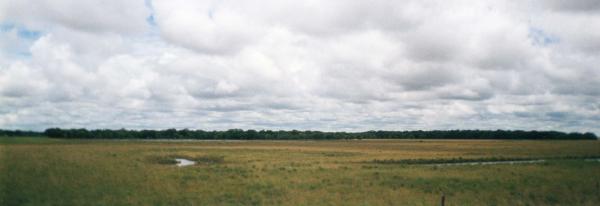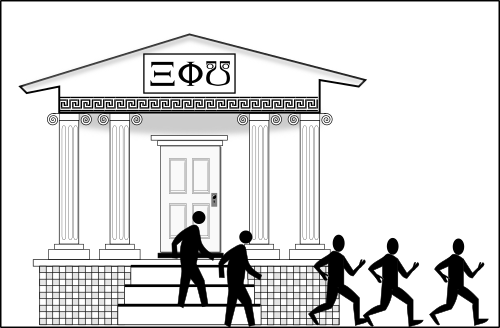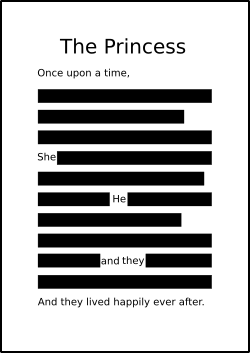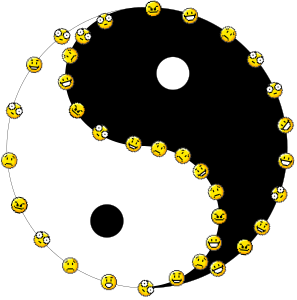E Pericoloso Sporgersi wrote:voralfred wrote:
...
Normally, "une décade" should only mean ten days.
...
Your reasoning is very ... well, reasonable, though you seem to have overlooked the fact that (English)
decadent and (French)
décadent can also describe a person, elderly or not, with
only ten teeth.

When I said "should", it was not to express my
reasoning. Rather, I was quoting what the main french dictionaries (Robert, Larousse,...) write, as confirmed by the french
wiktionary entry. This more or less fixes what is correct or incorrect (rather than decisions by the Académie Française, or political decisions about "official spelling rules"). But the dictionaries follow the winds of time and if the current trend continues, they will eventually admit that "décade" has to be accepted for "décennie".
Hmmm... Because of the "é" this URL does not appear correctly; but if I put a regular "e" instead of directing to the right entry, as it usually goes, it directs to the french dictionary entry for "decade" that also exists, treating this word as an english one. So please just copy the URL as it is to find it.
In the "décade" URL it does say that the second entry, where "décade" is understood as "decennie" is an "anglicisme" (english influence) and the note [1] sends you at the bottom mentioning that Robert and Larousse blame it as incorrect, though Grévisse accepts it. Two versus one...
I see why (French)
décadent could mean what you claim it should, but I don't see why (English)
decadent would have the same meaning. To me it evokes some object (or person ?) that/who shows the signs of having been hit ten times by an object harder than it/him/her.
I remember owning a car that was
decadent, before becoming
hendecadent,
dodecadent, etc. I think I got rid of it by the time it was
icosadent or so...
Algot Runeman wrote:So, voralfred, is it the metric week from the French Republic calendar that standardized "decade" as a ten-day period?
"décade" was indeed used in the French Republic calendar, with three "décades" in a month. Whether it was already used in that sense before in french I don't know. The Athenians also used three parts in their calendar, but since it was a luni-solar calendar with months of 29 or 30 days, the third section's length was 9 days more often than 10. And according to the french
Wikipedia article the names of the three
sections did not sound like "décade" at all, the greek prefix δεκα was not present (though it
was present in the name "δεκάτη" of the last
day of the first and second section, and of the first day of the third section when it was ten days long)
Algot Runeman wrote:Is there any current group trying to promote decimal time measurement?
Not that I know of, but I did not research. I'm sure a good research on the Web would find some
Algot Runeman wrote:By the way, I recently read a vaguely related quote. "There are chapters of the Flat Earth Society all around the globe." Hmm.
ROTFLOL !
















